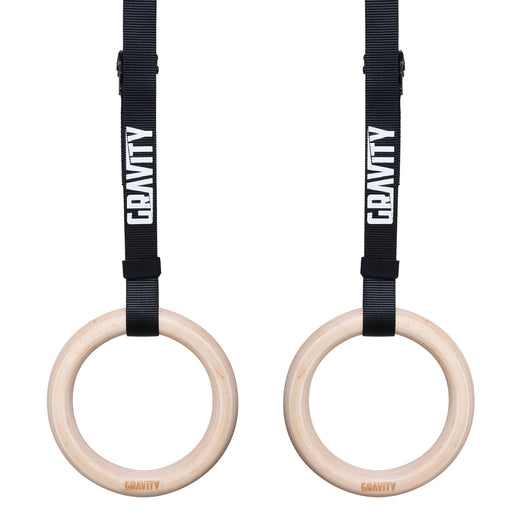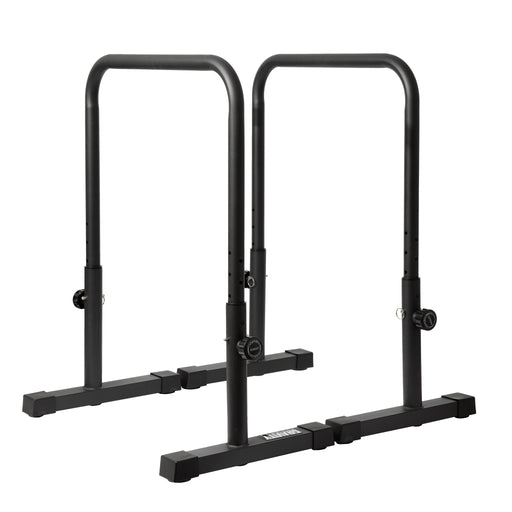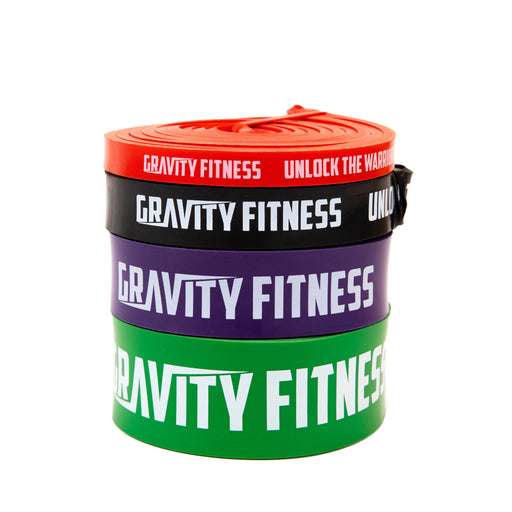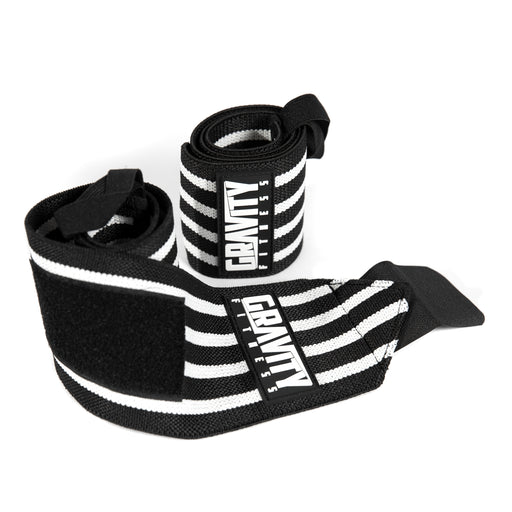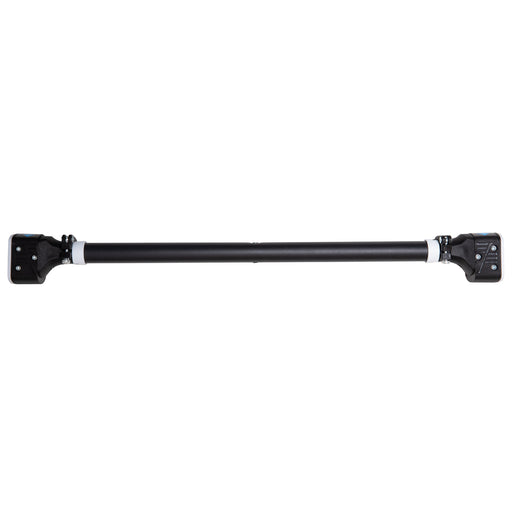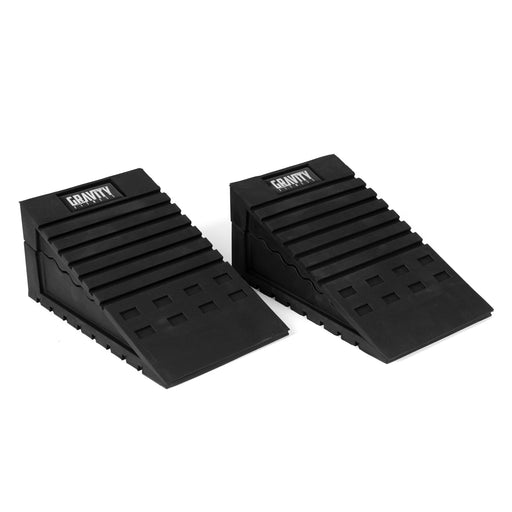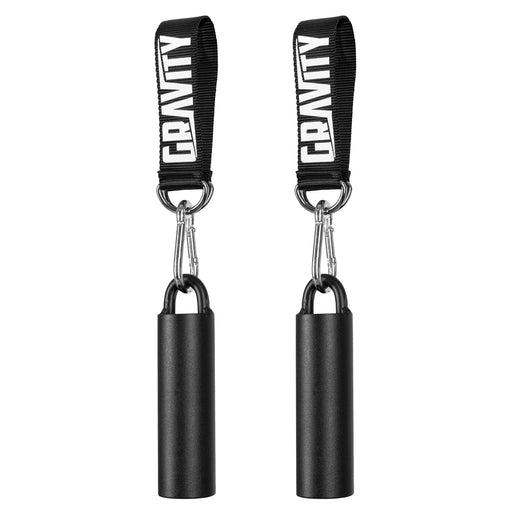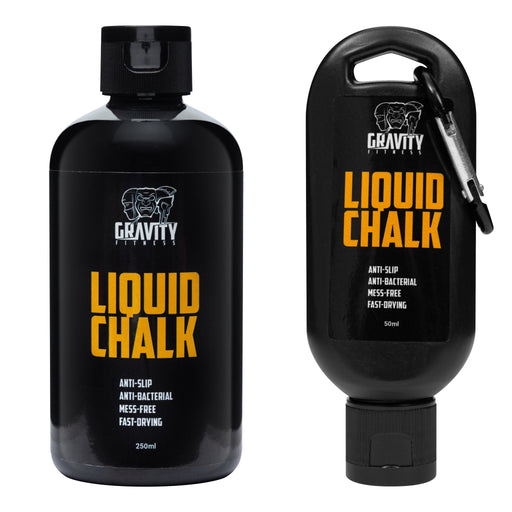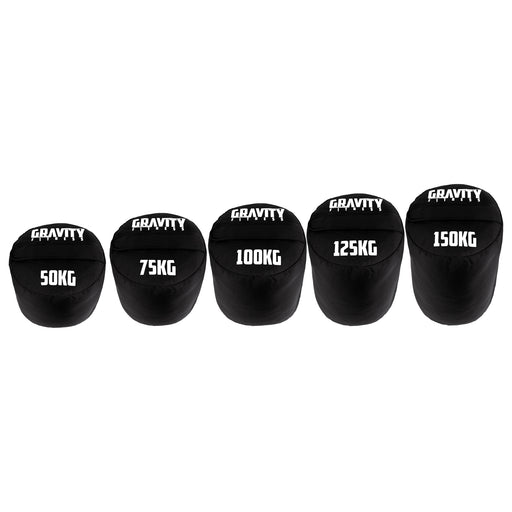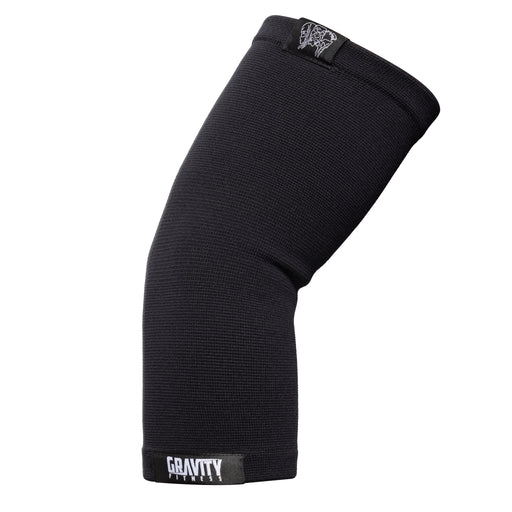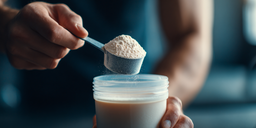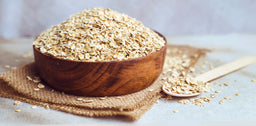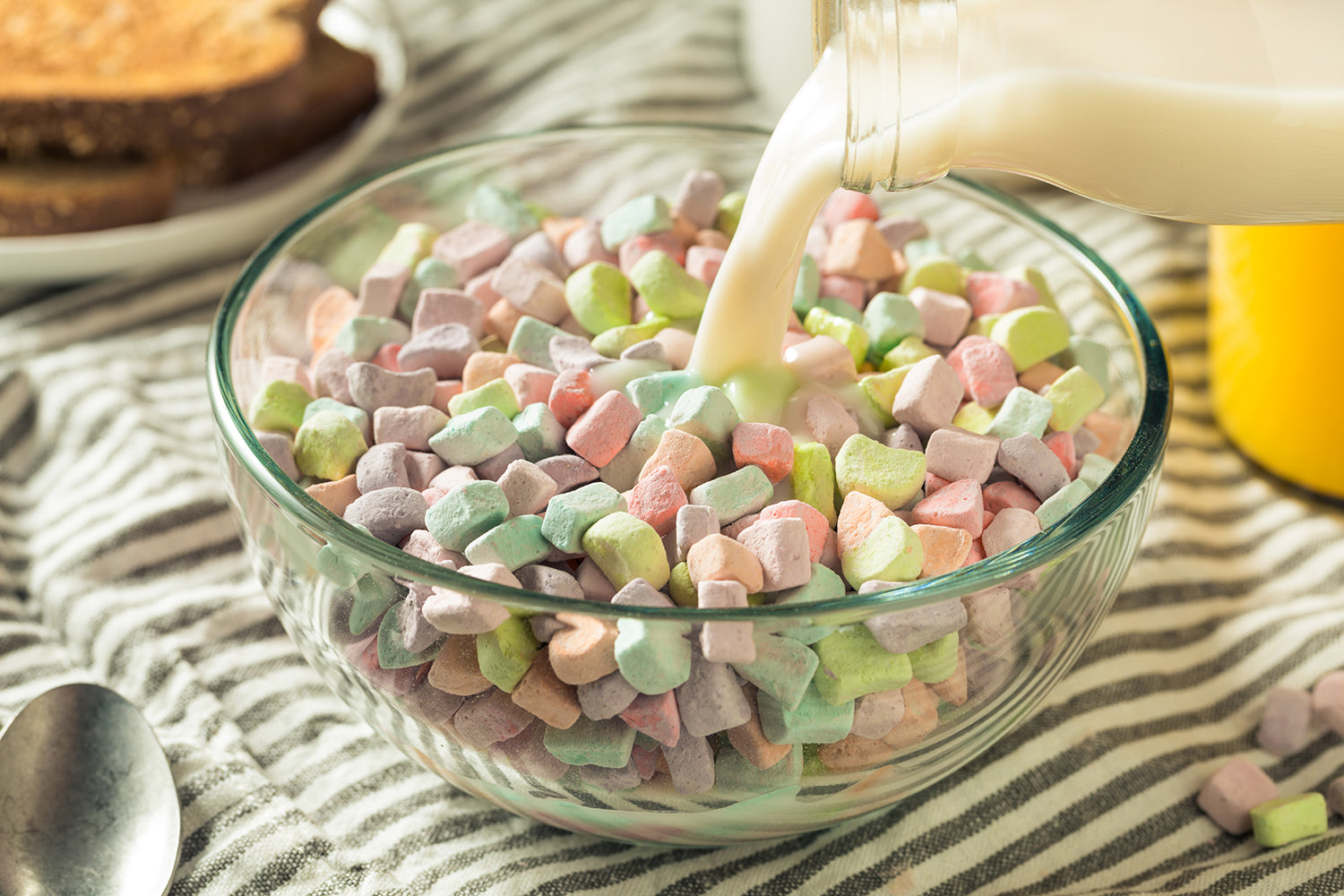
Is Sugar The Devil Or Does It Have Nutritional Benefit?
Is Sugar The Devil Or Does It Have Nutritional Benefit?
Refined sugar is one of the most polarising foods, but is it all bad or can it every be useful?
Nutrition talk has a tendency to demonise foods. Over the decades, we’ve been told to avoid fats, eggs, chargrilled meat, and – of course – sugar. But are these recommendations based on truth, or is it all hype and hysterics? Let’s examine the refined sugar debate.
What is refined sugar?
When we talk about sugar, it’s important to be clear about the type of sugar up for discussion. There are four types of sugars – glucose, fructose, sucrose and lactose. Sugars are naturally occurring in loads of foods (even vegetables). But that kind of sugar is very different to refined sugar, which has been processed so only the sugar remains. Refined sugar is granulated sugar, syrup, and the products that contain it (like jelly sweets).
How is refined sugar different to other sugar?
Refined sugar may have started out as a natural source, but it has been processed so only the sugar remains. This means any fibre, vitamins, minerals and micronutrients have been removed. Refined sugar is pure carbohydrate energy with nothing to slow it down.
Is sugar addictive?
Sugar addiction is a big debate, but there’s no evidence that sugar is really addictive in the true sense of the word. However it is very tasty (what the experts call “hyper palatable”) and not very filling, so it’s easy to eat a huge amount of refined sugar and still want more. Sugar is not addictive, but is can quickly become a pleasurable habit which takes a lot of effort to break.
What foods are high in refined sugar?
Some soft drinks and sports drinks
Fancy coffee drinks
Muesli, granola, some cereals
Cereal bars and flapjacks
Baked goods and pastries
Jelly sweets
Some canned fruit and beans
Jams and other spreads
Some low-fat diet foods
Sauces and dressings
Ready meals
Why is refined sugar bad?
Sugar is not inherently bad, but we make it bad by refining it and then eating too much of it when our body doesn’t need it. Sugar is basically a very fast-acting source of energy, which is great if you are low in body fat and need a power source to help you move quickly or for a long time.
But this is not the same as eating a bag or strawberry laces in front of the TV. And that’s when refined sugar is bad for you.
The trouble with refined sugar compared with natural sugars is that refined sugars have had all the micronutrients, fibre, fats and protein removed. And they are often added to foods and drinks that are high in calories and fats, like icecreams, desserts, pastries and high-calorie coffee drinks.
Refined sugar (sucrose) has been linked to increased risk of obesity, type 2 diabetes, heart disease, liver disease and some cancers, as well as oral health issues.
What does science say about refined sugar?
Plenty of scientific papers warn against the risks of eating and drinking too much refined sugar (too much meaning in the context of your activity levels). This 2013 systematic review and meta-analysis looked at the impact of sugar-sweetened drinks on weight gain and found clear links between sugary drinks and weight gain. https://pubmed.ncbi.nlm.nih.gov/23966427/ And this 2017 paper examined the health and economic benefits of reducing a population’s sugar intake (including effects on non-alcoholic fatty liver disease). https://www.ncbi.nlm.nih.gov/pmc/articles/PMC5577881/
The science has plenty to say about sugar’s links with depression, dementia, type 2 diabetes and certain cancers, too.
What does refined sugar do in the body?
Regardless of the source, all sugar is broken down into molecules and processed the same way by the body. But the key difference is that refined sugar contains no beneficial nutrients, vitamins, minerals, fibre, fats or protein. Because it lacks fibre and fats, it enters the bloodstream quickly and can lead to blood sugar spikes. It’s pure carbohydrate energy – and very difficult to dose.
Is refined sugar ever good for us?
There’s not much about refined sugar that is good, so a better question would be “is refined sugar ever helpful?” Advanced athletes could make smart use of refined sugar products in training or during events, but even then it should be carefully dosed. For example, jelly sweets or jam can be used for long lifting workouts or endurance events.
But there’s a better way. Nature contains the most useful sugar products, which will also give you vitamins, fibre and other useful nutrients.
Try using these in training/racing to avoid relying on refined sugars:
- fruit (bananas, oranges, melon)
- dried fruit
- honey
- homemade cereal bars or energy bars
Check out our latest unconventional and functional fitness equipment and add some tools to your healthy training lifestyle.













